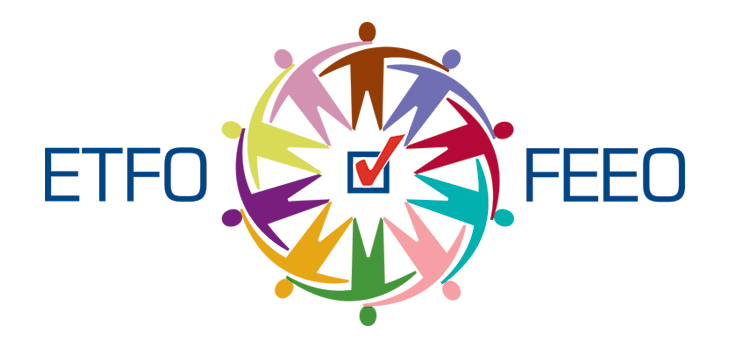The following ETFO Media Release was posted on June 23, 2020.
The Ontario government is rushing the new math curriculum into public schools this September despite the learning gaps experienced by students resulting from this year’s school closures and emergency distance learning.
“ETFO is not opposed to improvements to the current math curriculum that better prepare students for their futures, however implementation is going to take time if we’re to do it right,” said ETFO President Sam Hammond. “Educators, students and parents have all grappled with the stressful learning conditions forced on us by the COVID-19 pandemic.”
“This spring, the disparity in accessing learning resources has deepened inequities and had an impact on student learning outcomes that will carry over to the coming school year. Taking care of students and narrowing those gaps must be the priority of educators, which is why the government’s cancellation of EQAO standardized testing this coming year in elementary schools is important. However, more flexibility, time and resources will be needed to effectively implement the new curriculum.
“Rolling out a new curriculum takes time. Given the significant changes to the math curriculum, and the fact that Ontario is still in the midst of a pandemic, successful implementation will require more than the two-month timeline that the Ministry has set.”
A submission this spring from the Ontario Teachers’ Federation, which represents education affiliates, said that implementation of the new math curriculum “is a marathon, not a sprint; it is a process, not an event.” The document said that a more effective approach would be to adopt a two-year implementation plan that would allow for more consultation, professional learning for teachers and development of resources for students.
“Our educators will need to use their professional judgement on how to best introduce and support learning related to the new math curriculum for their students. We need time to get the professional learning and supports from the government in place to ensure that we can deliver this curriculum successfully,” added Hammond.
Education affiliates were given minimal opportunities by the Ministry to provide feedback on the curriculum and its implementation.
- Categories: COVID-19, News and Events
- Tags: ETFO, Math, Math Curriculum, Sam Hammond

Share:
Related Posts
Register for the January 2026 General Meeting
January 8, 2026
Join the January 2026 Extended Executive Meeting
January 8, 2026
Attendance Management Program Information
December 19, 2025



